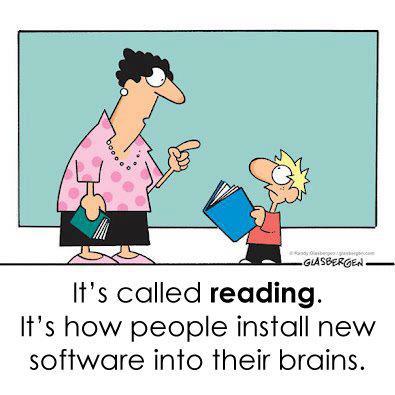
I’m in the midsts of one of those unavoidable grad student extended crises this month so I I thought writing something this week was going to be out of the question. But last Monday I had an interaction with a PDF that I really need to tell someone about. Trust me, its more interesting than it sounds.
Lately, I’ve been taking advantage of my institution’s (appropriately ancient-sounding) ILLiad Inter-Library Loan System. Usually, if I can’t find journal article I need, I just ask a fellow grad student friend over GChat or Facebook to get me the article from their library. If I can’t find anyone (or I’ve asked them too many times) I resort to ILLiad. Getting a book from ILLiad means waiting about 24 hours for an undergrad on work study to copy and paste a DOI and send me the article under another institution’s journal subscription. It is the ultimate exercise in artificial scarcity: A teenager in a library basement, fueled on Moe’s burritos and motivated by the threat of crushing student debt, orchestrates the transfer of a few ones and zeroes in such a way that my desire for the article can be monetized to the benefit of a publishing company’s CEO and a couple of computer system designers. The physical scarcity of a paper journal is transmuted into a new kind of scarcity: the scarcity of student labor and my own dedication to reading this article that I saw in someone else’s bibliography. more...






![I LOVE this. [Image credit: Schroeder Jones]](https://thesocietypages.org/cyborgology/files/2013/08/introverts.jpg)